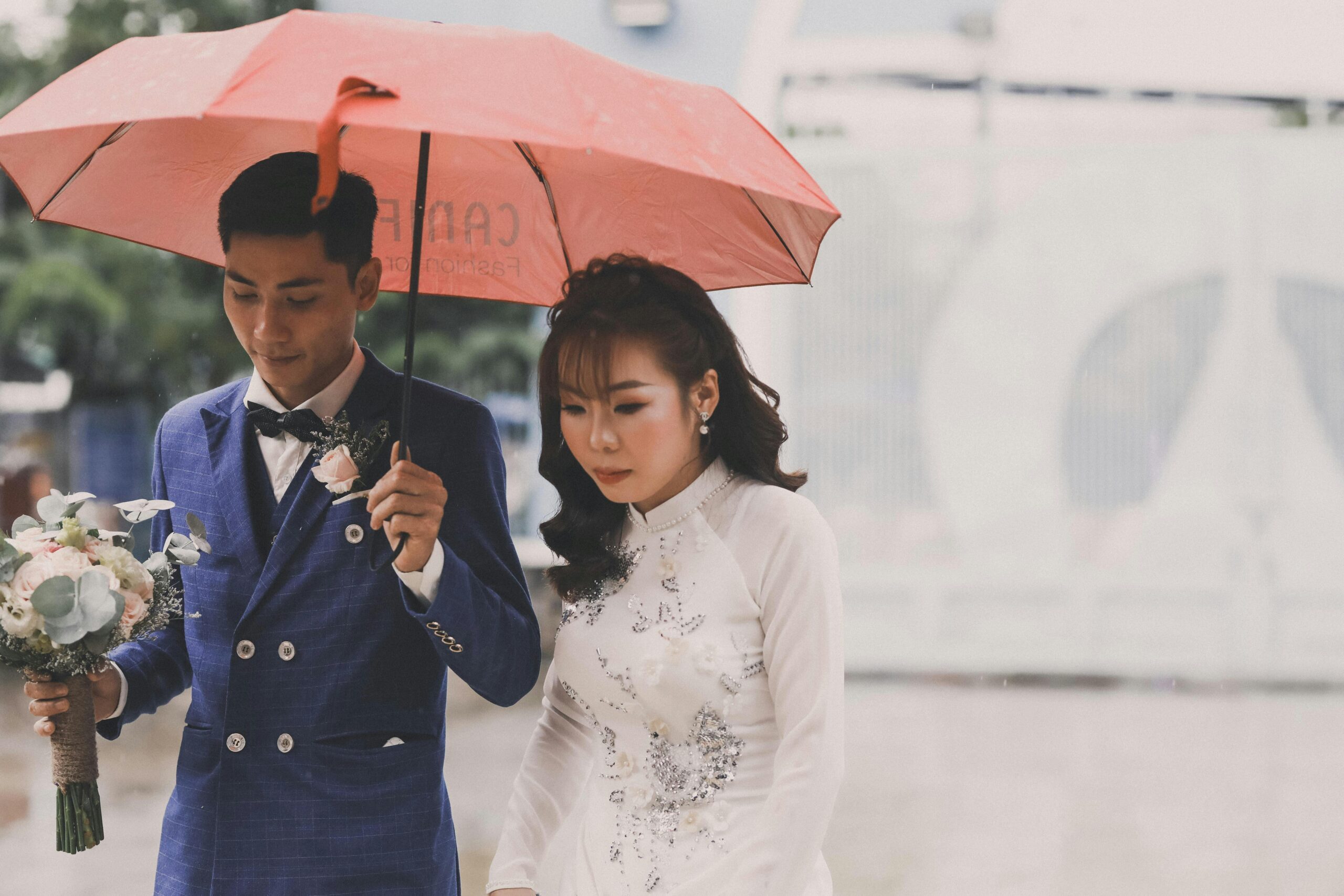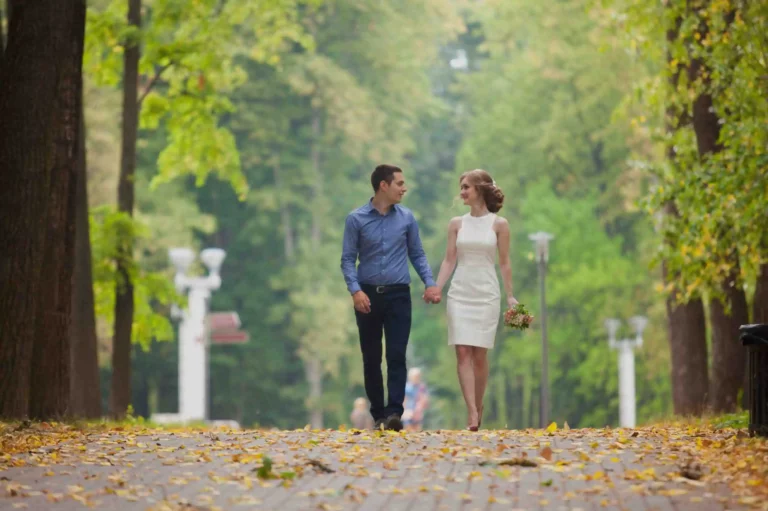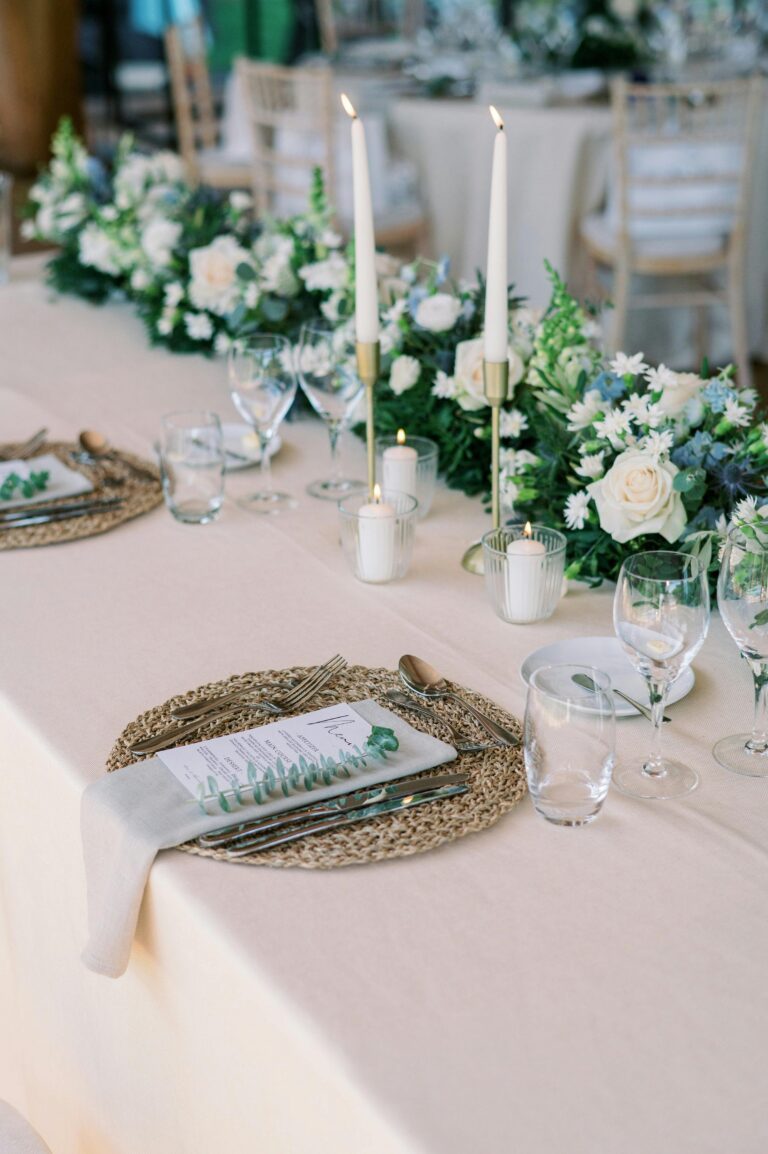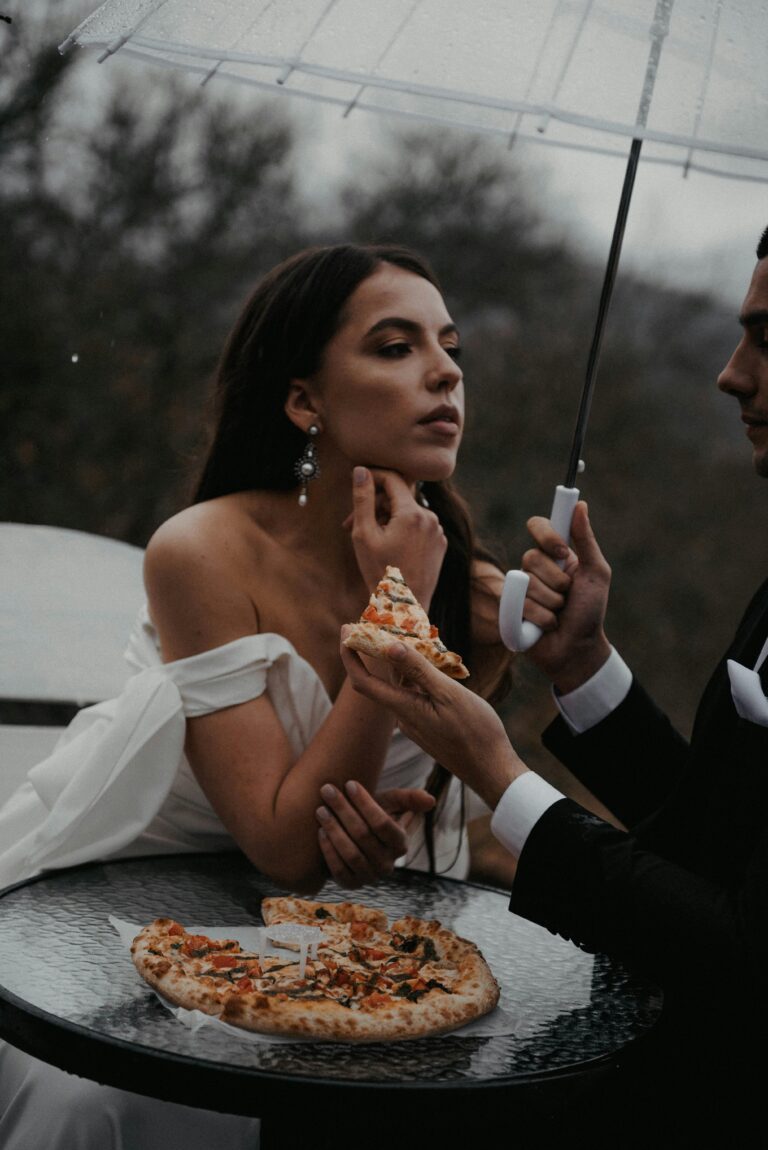What If You Planned a Ceremony With Zero Traditions?
Weddings are often described as “the biggest day of your life,” but for many couples, that day can start to feel like it belongs more to everyone else than to them. Parents have expectations. Friends offer strong opinions. Culture hands you a script. Vendors nudge you toward things you “must” include.
But what if you threw the entire script away?
What if you planned a ceremony with zero traditions — no rules, no rituals, no expectations, no pressure?
What would your wedding look like if it was built entirely around who you are, instead of what you’re “supposed” to do?
Here’s what happens when you dare to imagine a wedding that isn’t rooted in tradition, but in authenticity.
1. The Freedom Begins the Moment You Say, “Why?”
Tradition is often inherited without question.
The aisle walk, the first dance, the bridesmaids, the bouquet toss — most people include these simply because they’re expected.
But when you remove the assumption and ask,
“Why am I doing this?”
you begin to see the difference between meaningful and mechanical.
Planning a ceremony with zero traditions forces clarity:
What matters to us?
What feels like us?
What brings joy instead of obligation?
Suddenly, the wedding stops being a performance and becomes an expression.
2. The Ceremony Can Be Wherever Your Story Lives
Without traditions, the venue becomes limitless.
Your wedding doesn’t have to be in a church, a hall, or a garden. It can be anywhere that holds meaning.
Imagine a ceremony:
- on a mountain trail
- in your living room
- on a rooftop at sunrise
- in a bookstore
- under city lights
- in a cozy backyard
- at a café where you had your first date
- at a beach with no seating chart in sight
Tradition limits you.
Intention frees you.
3. You Can Redefine What “Walking In” Looks Like
Who says there needs to be a processional at all?
What if you start the ceremony standing together?
What if you walk in side by side?
What if you walk in alone — not given away, but stepping into the moment by choice?
Removing tradition allows you to rewrite the symbolism.
Instead of reenacting a ritual you don’t resonate with, you create a moment that reflects independence, partnership, or unity in your own language.
4. Vows Don’t Need an Audience — Or They Can Be the Entire Ceremony
Without traditional format, vows can evolve into something far more intimate and meaningful.
You could:
- write letters and read them privately before the ceremony
- speak spontaneous vows
- create vows together like a shared poem
- record voice notes and play them during the ceremony
- build vows around intentions instead of promises
When the structure disappears, authenticity enters.
5. Forget the Roles — Keep the People
No bridesmaids because you “have to.”
No groomsmen because it’s expected.
No matching dresses, no obligatory bouquets, no forced hierarchy.
What if the only people beside you are the ones who truly shaped your journey?
What if no one stands beside you except your partner?
What if friends and family surround you like a circle instead of a lineup?
Skipping tradition lets you design the emotional atmosphere you actually want.
6. The Ceremony Becomes a Creative Experience
If your wedding has zero traditions, it can become:
- a storytelling session
- a musical performance
- a poetry reading
- a meditation
- a joyful gathering instead of a formal event
You could have everyone hold candles, write notes of blessing, or simply stand barefoot in silence for a moment of connection.
Without tradition, your ceremony becomes art.
7. The Guest Experience Changes — In the Best Way
Guests don’t sit passively waiting for the kiss.
They’re engaged, present, part of the moment.
With no traditions, everything becomes novel.
People remember the feeling, not the script.
Instead of thinking, “We’ve seen this a dozen times,”
they think,
“I’ve never experienced a wedding like this before.”
Love Doesn’t Need a Script to Be Sacred
A ceremony without traditions isn’t empty.
It’s intentional.
It’s personal.
It’s honest.
It’s yours.
Tradition can be beautiful — but only when it aligns with your values.
If it doesn’t?
You’re allowed to create a new story.
Your love doesn’t need permission to be different.
It only needs room to be true.






